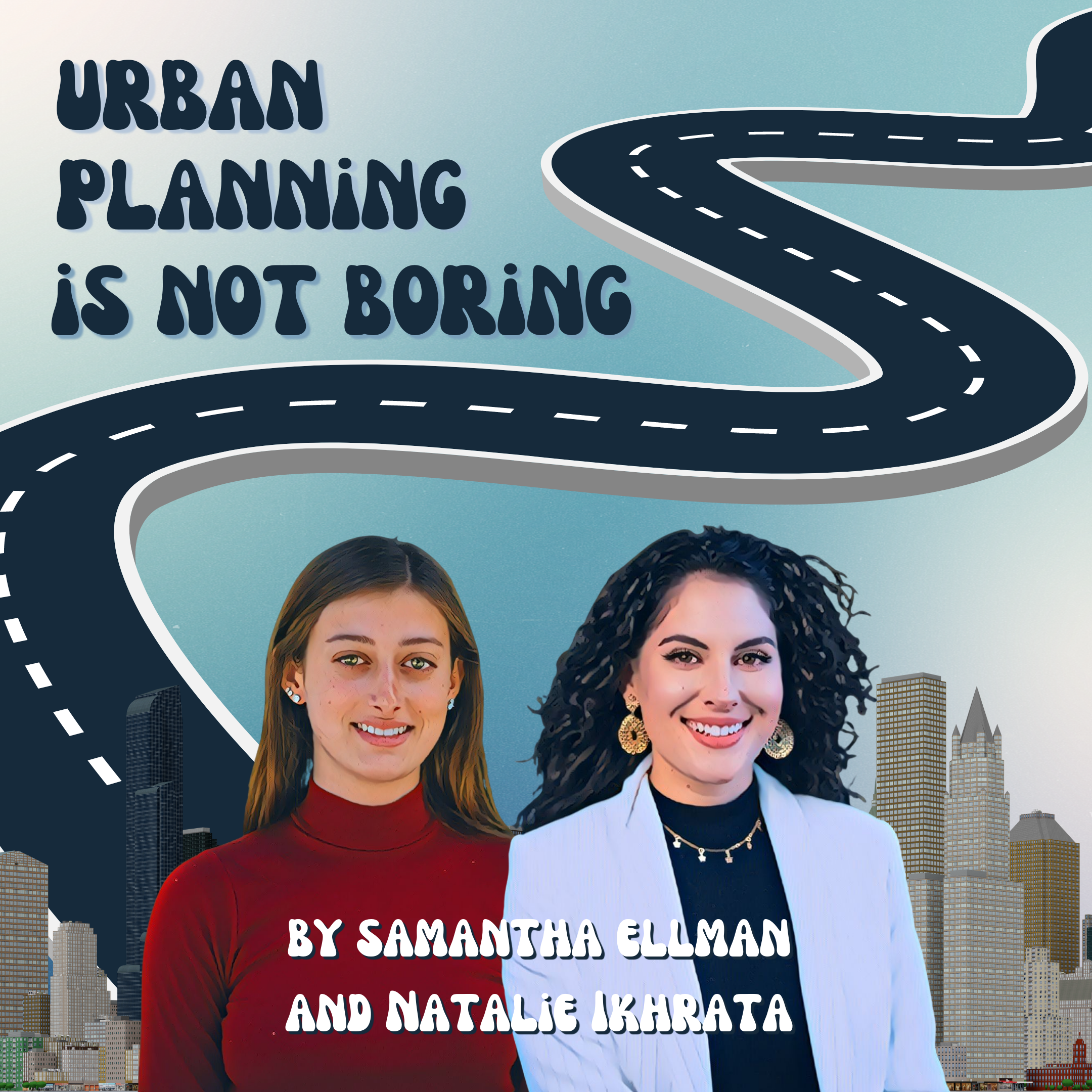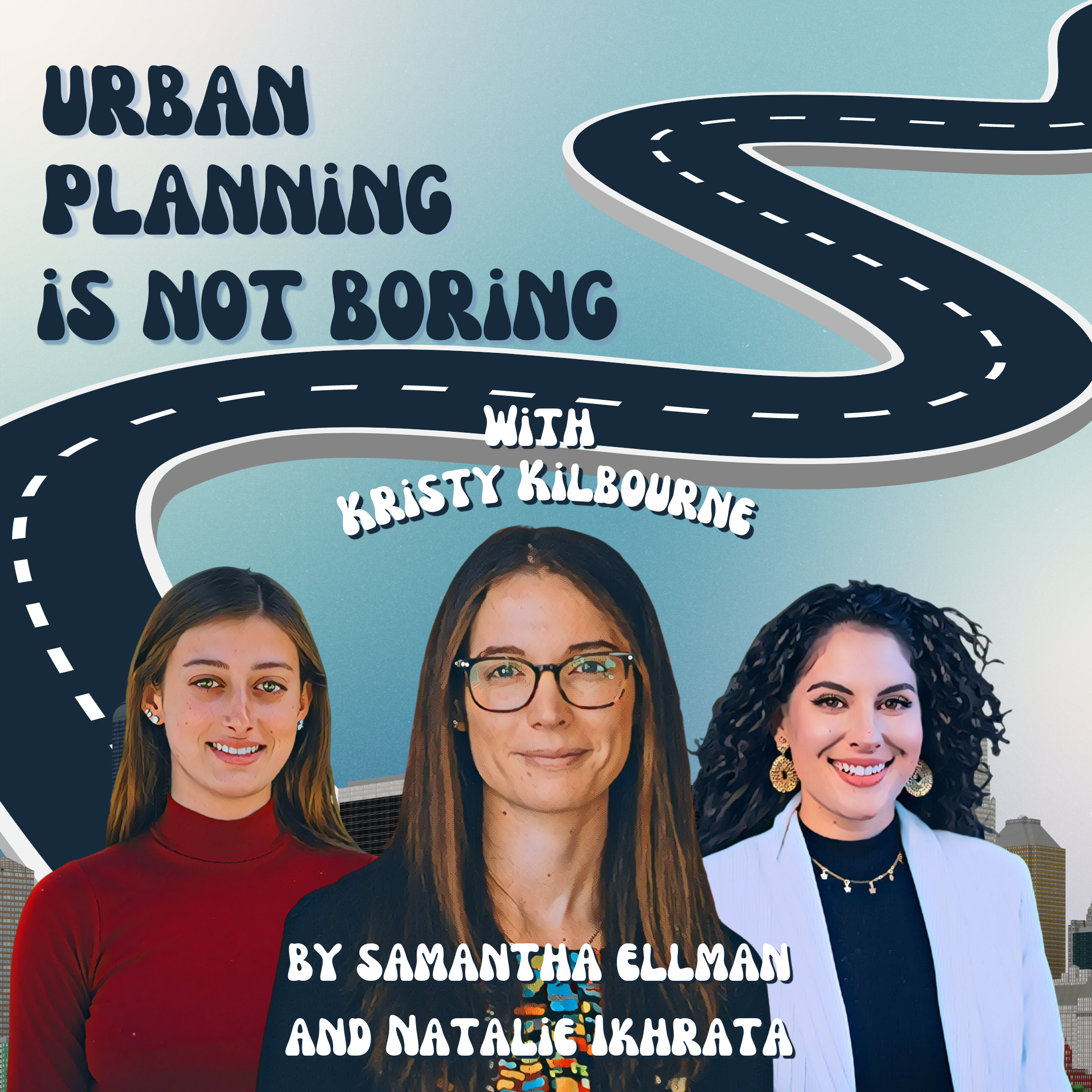Welcome to another episode of Urban Planning is Not Boring. Today, we're diving deep into zoning reform and its implications for our cities. We're thrilled to have special guests from the Urban Land Institute (ULI) with us to discuss their latest groundbreaking report titled "Reshaping the City: Zoning for a More Equitable, Resilient, and Sustainable Future." For those interested, you can find a link to the report further down in the episode description.
Joining us are two ULI experts who played pivotal roles in crafting this report:
We begin by demystifying zoning reform for those who might not be familiar with it, offering a concise definition and examples of its significance in shaping urban landscapes. Our discussion then delves into the barriers that cities face when attempting to implement zoning changes. Lian and Ben shed light on the complexities and challenges involved in reshaping zoning codes to address pressing issues like housing crises and carbon emissions reduction. The conversation turns to the ever-persistent "Not In My Backyard" (NIMBY) concerns that often arise during discussions of increased housing stock and inclusionary zoning policies. Our guests provide insights into how planners can effectively engage with these concerns while championing zoning reforms. Urban mobility is another crucial aspect of city planning, and our guests discuss how the public and private sectors can collaborate to create transportation systems that reduce car reliance and improve urban mobility. Climate change is an urgent concern, and we explore the current land use policies adopted by cities to combat its threats. Our guests share examples of these policies and assess their effectiveness. Lastly, we shift our focus to parks and green spaces, discussing how planners can ensure communities have ample access to green spaces.
Join us for this thought-provoking conversation as we unravel the complexities and opportunities in zoning reform, urban mobility, climate action, and community inclusivity. It's a podcast episode packed with insights for planners, policymakers, and anyone passionate about the future of our cities.
Resource Links
Lian Plass
Lian Plass is a Senior Manager for the Urban Resilience program which provides ULI members, the public, and communities across the United States with information on how buildings, development, and cities can be more resilient in the face of climate change and other environmental vulnerabilities.
Lian was inspired to join ULI after her overwhelmingly positive experience with ULI’s 2016 Advisory Services Panel centered on the Arch Creek Basin. Before coming to ULI, Lian served as Sustainability Administrator for the City of North Miami where she led efforts to tackle difficult sustainability and resilience issues. The Arch Creek Basin report demonstrated the importance of resilience-building initiatives within the city and helped make a strong case for funding city-led initiatives to prepare for climate change impacts. Lian has since worked in the private sector as a Senior Planner where she managed a wide range of planning and development projects including site rehabilitation, climate action plans, and code audits.
Lian is passionate about applying technology to resolve difficult planning problems equitably, expeditiously, and cost-effectively. This includes leveraging new massive caches of publicly available data to learn more about communities, alongside finding creative ways to convey critical information about development projects and generate engagement in the planning process. Lian applies her knowledge and experience to support the Urban Resilience program’s research, technical assistance, outreach, and education activities including research and report-writing, grant project administration, and event planning for the annual Resilience Summit. Lian holds a Masters of Urban and Regional Planning from the University of Florida, and a Bachelors of Arts in Sustainable Development from Columbia University.
Ben Forman
Ben Forman is a Senior Associate for the Urban Land Institute's Centers and Initiatives which brings together ULI members, staff, and supporters to deliver insightful research, and to help apply what we learn together.

If you live in California, you’ve probably heard of CEQA aka the California Environmental Quality Act. In this episode, Sam and Nat give a...

In today’s episode we are joined by Peter Enzminger to discuss all things affordable housing! This episode's discussion focuses on the different elements of...

Sam and Natalie sit down with Kristy Kilbourne, also know as @passionateplanning on Instagram, to bring listeners advice on how to navigate a career...